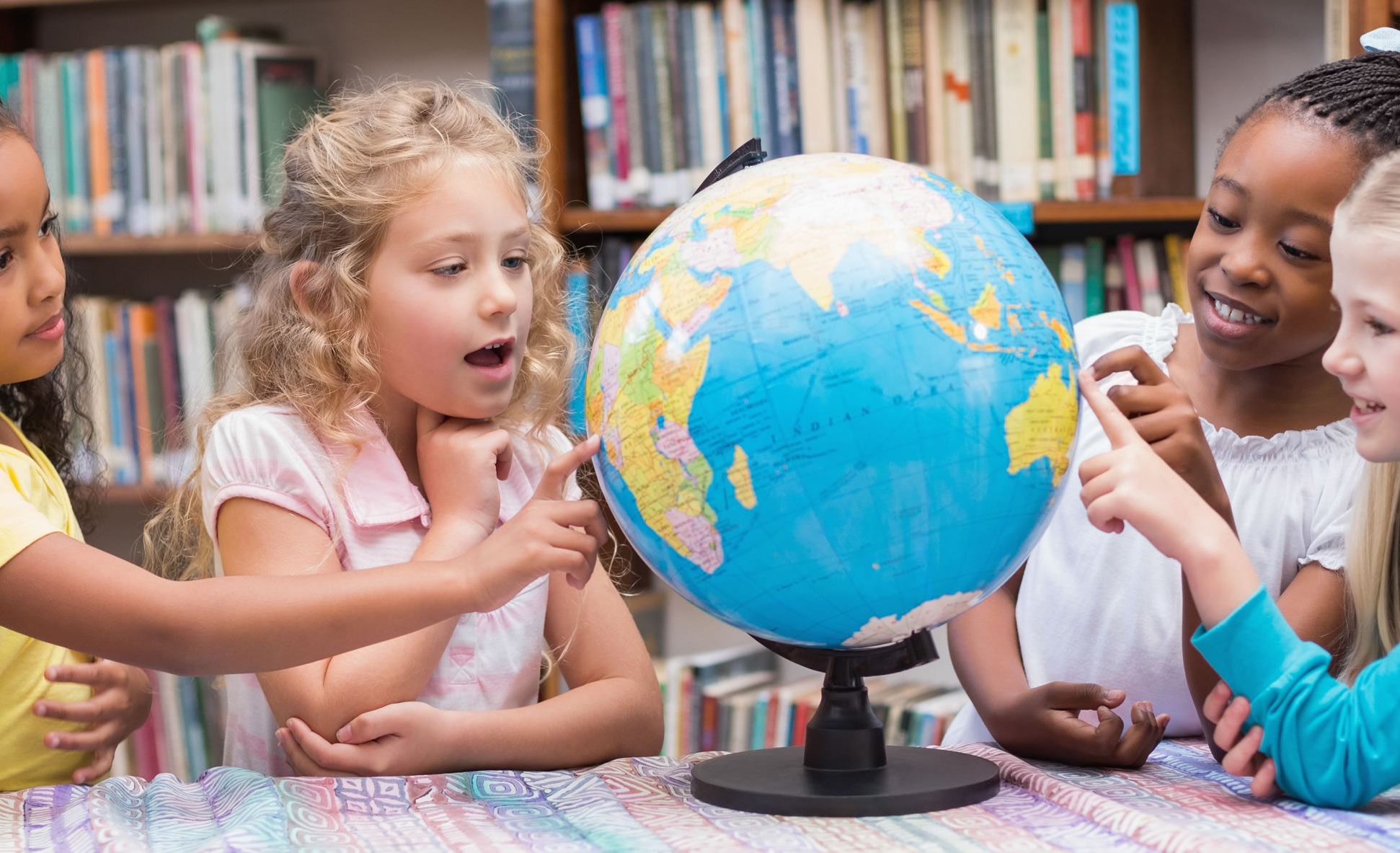All moms and dads want to be good parents and raise their children happy and harmoniously developed people. And for this you need to be a competent educator: loving, understanding, patient, strict when necessary, but not accepting violence. What is non-violent education and 6th grade language arts books? What is violence against a child and can it be acceptable?
What does violence look like?
Violence against children comes in many forms. It is not only physical, corporal punishment – slaps, slaps, slaps on the face. Violence can be verbal, such as insults, accusations, and complaints, or emotional, such as when a child is harassed, bullied, ignored, or does not have his or her opinion taken into account.
However, the word “abuse” and 6th grade math workbook itself can be understood in different ways. Some do not believe that it includes corporal and certainly not verbal punishment. “What’s the big deal,” says one mother, “that I slap my child? Another believes that her frequent “You’ve ruined my whole life,” “You can’t be trusted with anything,” and “You’re a slob!” has no negative effect on either the child or her relationship with him. When discussing this topic, we are inevitably confronted with different belief systems and values of different people.
A person’s own experience and 4th grade science workbook as a child shapes this belief system in a special way. If parents hit their child, they are more likely to do it to their children as well: it is a natural way of raising them. “I was beaten as a child, and look – I grew up normal,” is how they motivate their educational methods. This is how violence is reproduced.
Moreover, such adults often justify their parents: “Parents were right. Now I understand that the belt made a human being out of me. This is how the social desirability effect works: we cannot publicly admit that the people closest to us, our parents, were wrong. What in psychology is called displacement also works: a heavy traumatic experience is as though displaced from consciousness. This is how we displace our difficult childhood experiences into the depths of the psyche, outside of consciousness. It is a kind of a defense mechanism of the psyche.
Consequences of physical abuse
“Yes, you were brought up as best you could, without knowing anything,” we have to say in counseling to clients who experienced abusive parenting and corporal punishment in their childhood. But now this “ignorance” is difficult to justify: the science of human beings is developing rapidly, and there is already enough data on how physical punishment negatively affects children’s development and their adult life. For example, there is research evidence that people who were beaten as children have more than a 20 percent increased risk of cardiovascular disease, arthritis, and obesity. Why does this happen?
It’s because a child who was spanked or even whipped growing up often doesn’t know how to deal with problems constructively, but prefers to run away from difficulties. Such people have a higher risk of anxiety-depressive disorders and various addictions.
The consequences of domestic violence can manifest themselves much earlier. There is research that physical punishment increases the level of aggression, leads to antisocial behavior, self-harm and mental problems in children.
Violence and Stress
How does a young child endure difficult situations and overcome stress? He turns to the most important people – his parents, who sympathize, comfort and help him.
And if they don’t? If instead of hugs and words of comfort the baby hears something like: “It’s your fault!”, “You’re nothing but trouble” and on top of that he gets a slap? Not only does the child get no emotional help and is left alone with his problem. He is plunged into long-term stress, and the consequences are far more serious than just being depressed. His mental and personal development slows down, it is more difficult for him to learn and overcome difficult situations, he cannot believe in himself. And it is understandable: it is difficult to believe in yourself if the closest people yell at you, punish you with silence, and the belt is a popular parenting tool in the family.
In addition, the educational goals can not be achieved by violence. Splashing out on the child’s anger, giving vent to his anger, we do not teach the baby anything. Such treatment causes him not remorse, but fear, internal protest or resentment.
What is non-violent parenting
Moms and dads who see nothing wrong with violent parenting don’t know that we can and should do things differently. For example, to respect the child, to perceive him as a separate person with his own rights, to negotiate with him, but not to force, to explain, but not to punish, to take sincere interest in his opinion and his life. This is non-violent education.
Some may object: “This is the indulgence of the child! If you go along with him, he will grow up spoiled and unfit for life! But non-violent parenting is not synonymous with connivance, when children are allowed everything or just not engaged in it. Refusing “violent methods” will not violate your authority as a parent.
How to Break the Cycle of Violence
The first step to non-violent parenting is to abandon physical punishment, verbal and emotional pressure on your child. This is difficult but important work. Start by promising yourself not to yell at your child or hit or humiliate him or her.
Observe other parents, on the playground or visiting. What do they look like when they yell at their children or hit them? How does it make you feel?
Put yourself in the child’s shoes. Think of yourself as a three-year-old or first-grader. Did you understand your parents’ prohibitions? Was it easy for you to obey them? How did you feel when you were punished?
Prevent the actions for which you usually punish. Explain to your child the rules of safety in the home and outdoors.
Throughout 2017, the topic of violence is also very actively discussed by the professional community: a group of psychologists from several countries and from different approaches not only held an educational campaign #stopviolence #maybeinferior, but also created several social media groups to raise awareness about the impact of violence on the psyche of adults and children.
Domestic violence is always something quiet, out of sight, hidden. But the more we talk about the harm of violence, about the principles of non-violent education, the better people understand themselves and their children and try to bring them only good, not harm.



